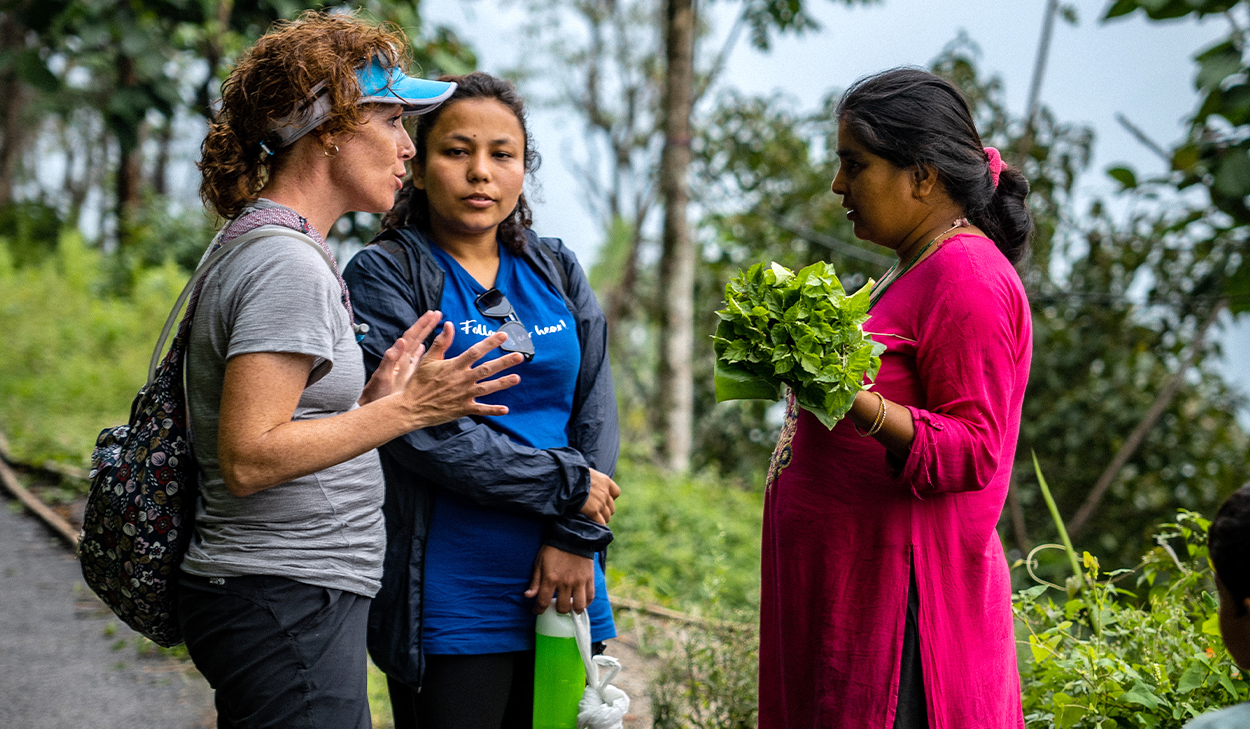
Short-term mission trips have been heavily examined and even criticized lately for providing little or no value to the areas in which they minister. The following are common criticisms of mission trips:
- Ignorance of cultural values and differences
- Strain on local missionaries or leaders
- Relocation of valuable resources and people from effective ministries
- Lack of follow-up after trips are over
These are valid concerns for churches and ministries to consider as they plan their missions projects. Mission trips should help more than hurt the ministry field.
However, mission trips can still be effective and can actually further the spread of the gospel if they are done the right way. The key is keeping three things in mind when planning mission trips.
Know the Cultural Values
Every country and region has specific values, often different from our American ones. Going into a region with a one-size-fits-all mentality won't work. For instance, an effective method for sharing the gospel in one culture may not be as effective in another. You will be able to make the most of your trip if you recognize and work within the specific culture.
Listen to those who have been to the region before and ask them insightful questions about their experiences. Also, work with the local believers and long-term missionaries to gain even more insight into the culture and how to be respectful when in-country.
After all, it’s not about building churches like ours; it’s about building and strengthening God’s Church worldwide.
Follow the Local Believers’ Lead
The local believers and long-term missionaries you partner with are on the ground every single day. They know the culture, the people, the customs, and likely the language. They also typically have established ministries. Rather than telling them what you would like to do on a mission trip, be open to aiding their ministry efforts in order to make the most of their resources and time in the area.
When you follow their lead, you’ll be working within and not against the culture and helping an already effective ministry. This often requires relinquishing control, but in the end it has bigger impact for the Kingdom.
Go With an Established Ministry
One of the most important aspects of any evangelism effort is follow-up. Whether someone accepts the gospel and needs to be discipled or is simply interested in learning more, someone on the field needs to meet with those who have heard the gospel message. This is true for short-term mission trip efforts as well, which is why it's crucial to ensure that someone will be able to conduct follow-up after the weeklong mission trip.
Many global ministries have often established large networks of believers in many countries willing to lead short-term mission teams. In addition to leading, these believers often do the follow-up work and discipleship once a short-term mission team leaves.
By partnering with a ministry with such an infrastructure, you will be assured not only that the work you do abroad will be valuable but also that follow-up will take place, leading to discipleship and multiplication.
If you keep these three things in mind, your mission trip experience can not only have an impact on your life but also on the lives of countless others. Mission trips can be effective and are a strategic tool for sparking gospel movements.
Are you ready to explore mission teams with East-West? Explore our various short-term mission teams.